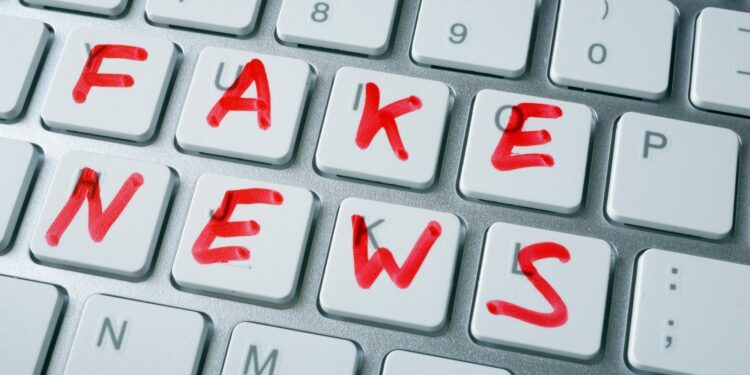By Tshepiso Theko
Anyone can be a victim to the consumption of fake news. In fact, everyone has probably consumed fake news. Whether from the newspapers, the internet, or word of mouth. You would be surprised at the huge amount of time people spend just creating stuff. Anything to get people talking, or spark emotions
This has escalated rapidly and invaded the professional journalism space. Citizen journalism is speedily destroying the credibility of journalism.
Social media has made it easier to spread Fake news. Even though fake news has always been reported traditionally, we have to admit that social media does it better and quicker. Anyone can share just about anything that can reach more than 2 million social media users nationwide.
Fake news has negative impacts. The current epidemic reflects as an epitome of impacts of fake news. Theories and fake reporting that caused panic and confusion have recently circulated on social media pages. These have also highlighted how fake news can’t be told apart from the truth.
Journalism explains and does not confuse. It reports on verified facts and not hearsays. It’s the public’s ear and mouthpiece.
Journalists have an obligation to correct every other journalism that is unethical. It depends on ethical journalists to give back its credibility.
By researching and fact-checking every content before feeding it to the public.
















